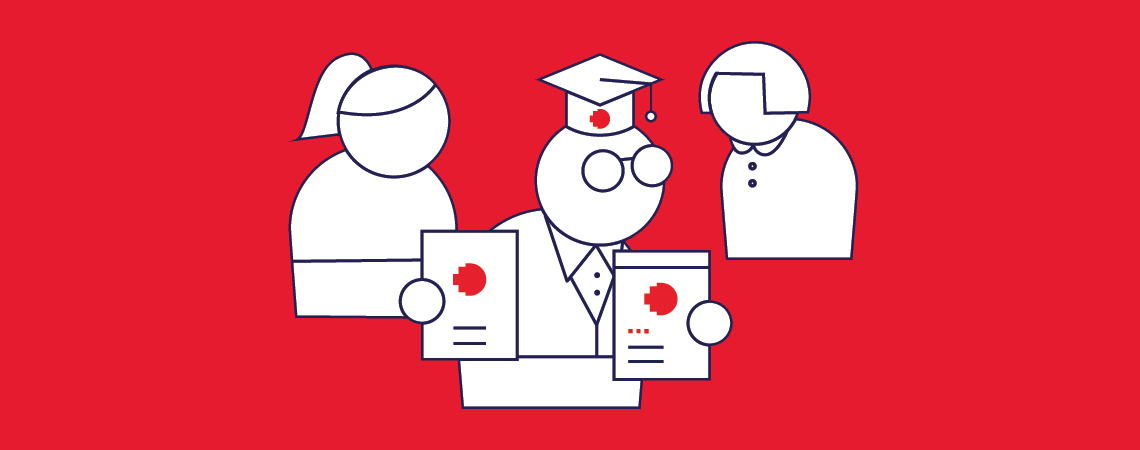Future Project Skills
Future project skills are the competencies crucial for project managers and teams as industries evolve with technological advances, changes in work environments, and shifting business priorities.
Project Management Practice
Project management practice is the systematic use of knowledge, skills, tools, and techniques to meet project requirements and achieve goals, involving planning, executing, monitoring, and closing projects.
Property Investment Strategies
A property investment strategy outlines how an investor plans to acquire, manage, and profit from real estate, varying by goals, risk tolerance, market conditions, and investment knowledge.
Property Technology and Management
Property technology management uses technology to improve and streamline real estate asset management, enhancing efficiency, operations, and services in property management, leasing, and investment.
Smart Construction
Smart construction uses advanced technologies and innovative practices to enhance efficiency, safety, and sustainability, integrating digital tools, automation, and data analytics throughout the construction lifecycle.
Urban Strategy and Sustainable Planning
Urban strategy and sustainable planning create liveable, efficient, eco-friendly urban environments by balancing economic development, social equity, and environmental sustainability.









